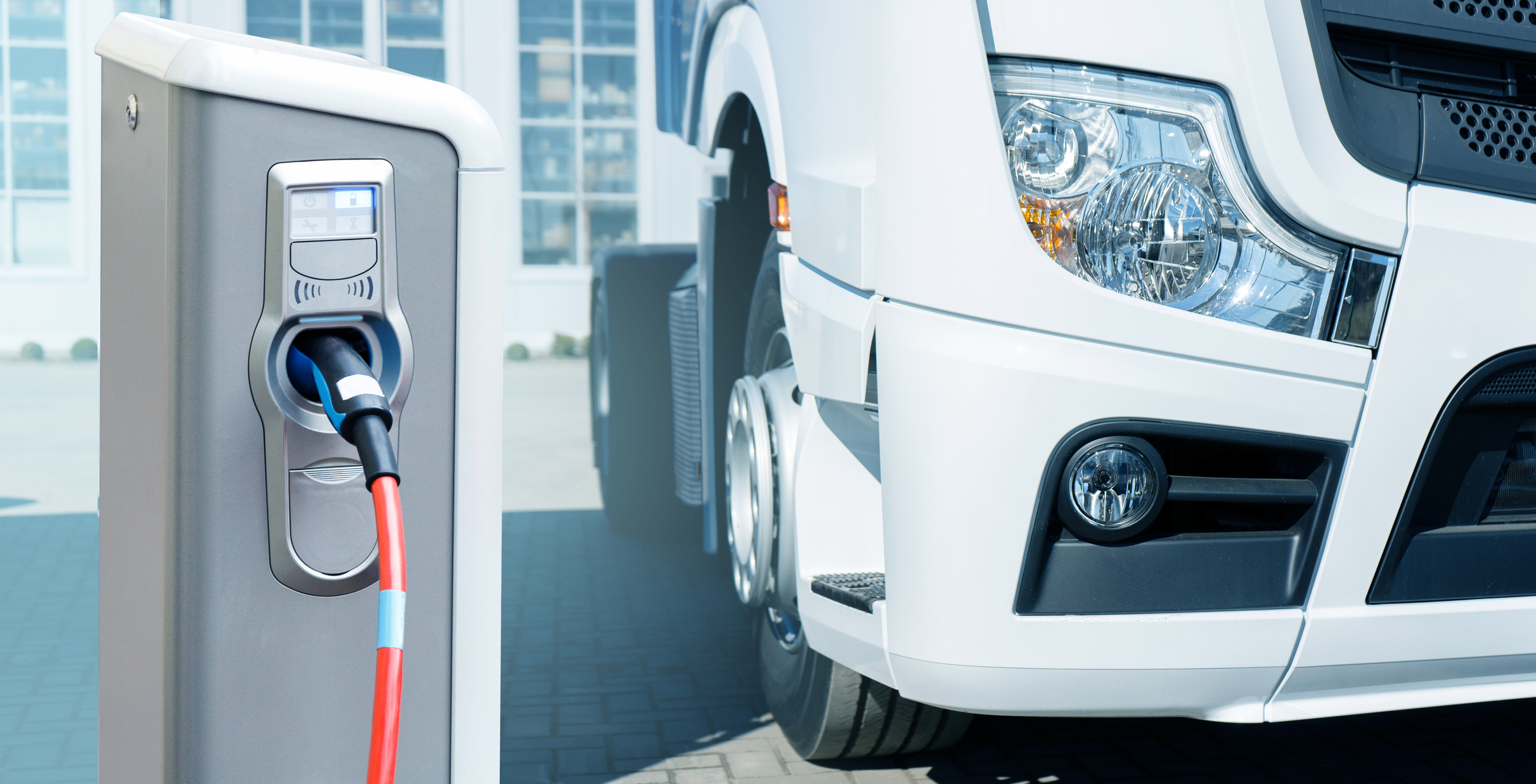The freight and logistics sector is set for a significant change with the introduction of the first 112 battery-electric vehicle (BEV) trucks in Australia. This initiative, backed by $12.8 million from the Australian Renewable Energy Agency’s (ARENA) Driving the Nation Fund, aims to electrify last-mile deliveries (LMD) in metro areas.
The initiative, called Project Spark, will be spearheaded by freight and logistics provider ANC. It aims to addresses the barriers to electrifying the truck owner-driver segment and aims to drive fleet decarbonisation.
“Project Spark marks ARENA’s first foray into LMD and builds on the agency’s investments in the electrification of buses, and road freight and logistics,” ARENA CEO Darren Miller said.
“The breadth of innovation in Project Spark, across both supply and demand-side measures, is commercially astute, practically workable, and very exciting,” he added.
Overcoming Barriers for Owner-Drivers
Currently, owner-drivers face significant challenges when considering BEV trucks, including higher capital costs, limited access to charging infrastructure, costly private charging options, and constrained revenue potential. Through the project, they will have access to discounted trucks with leasing options, improving battery-charging and vehicle-utilisation models, and unlocking new revenue streams.
ANC CEO Joe Sofra expressed optimism about the project. “This grant from ARENA is a vote of confidence in ANC’s vision for a cleaner, greener future. With this support, we will expedite the deployment of battery electric vehicles, reducing emissions and leading the charge towards a net zero emissions delivery ecosystem,” he said.
Innovative Charging Solutions
A key component of Project Spark is its innovative charging model, which combines overnight home charging-as-a-service (CaaS) from Origin Energy with fast-charging services at depots and public locations. This approach aims to make it easier for owner-drivers to meet their delivery requirements.
“Our commitment to lead the energy transition transcends fleet conversion and includes a pursuit to find innovative ways to solve urban gentrification challenges, overcoming resistance to change and routing for the shortest possible route to customers to reduce carbon emissions,” said ANC’s Chief Growth & Sustainability Officer, Mo Abbas.
Did you find this article interesting? Click the ‘heart’ button above to give it a ‘like’!



















